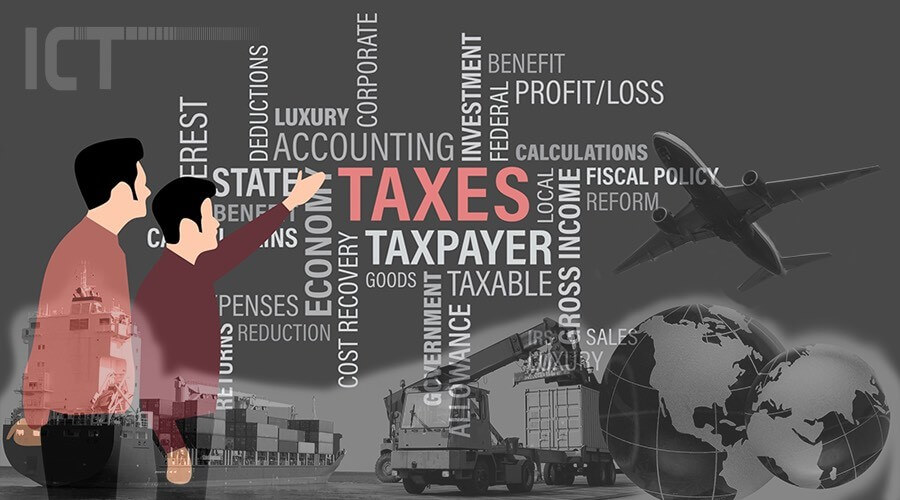COVID-19, the importance of Tax Administrations to foster recovery, and the virtues of a unified Customs and Taxation Administration

Chapter 8. Merging Customs and tax administrations: a reflection on ICT systems governance – the Portugal experience
ICT as a Strategic Tool to Leapfrog the Efficiency of Tax Administrations
When we got together last year in Morocco as representatives of our Tax Administrations to discuss the role of our organizations in the fostering of Development, we were so far away from imagining the situation our countries are now facing due to COVID-19. Márcio Verdi’s seminal intervention in Marrakesh could not continue, though, to be timelier. As he wisely noted, the role of Tax Administrations is not limited to collecting tax revenues. Our Administrations can also be an important agent of change to foster economic growth. And we will surely need a lot of it after the damage that the paralysis of economic activity will inflict to our economies. I am confident that our Administrations will have a determinant role in helping our countries to overcome this crisis and get our economies and fellow citizens back into the path of growth and economic development.
As we noted in our article, Merging Customs & Taxation Administrations: A Reflection on the Recent Portuguese Experience from the Lenses of IT Systems Governance, a unified Customs and Taxation Administration, has the potential, provided an adequate strategy is put in place, to offer added strength to this effort. On our article, we focused on the important synergies that may result from such a merger at the level of IT systems governance, based on our own learning experience. After analyzing our merger, and the associated setbacks and progresses that characterize learning processes, from the perspective of the integrated governance of IT systems, we came to the conclusion that the following elements should reveal critical for success:
On our article, and on our presentation in Morocco, we gave some practical examples of how this close interconnection between Customs and Taxation and the associated integrated governance of the overall IT architecture, has allowed for significant efficiencies and optimization of resources. Allowing for the payment of import VAT directly on the VAT tax return, thereby improving the cash-flow of companies and the competitiveness of national ports, and dematerializing the refund of VAT to foreign tourists, are good examples of what can be achieved more easily.
Looking ahead, the quick introduction of exceptional VAT and import duties measures regarding the supplies of goods needed to combat the COVID-19 outbreak, and the refinement of the VAT rules for taxing e-commerce, which is booming in the new COVID-19 context, are two additional examples at hand of areas where a very close coordination is and will continue to be required from our Customs and Taxation teams.
The challenges that are ahead of us have gained a new stature with COVID-19. Reinforced unity, within our organizations and among ourselves, through institutions as CIAT, remain an excellent antidote to face these amplified challenges, and, recalling Márcio, fulfil our natural role of agents of change to foster economic growth.
3,426 total views, 2 views today

1 comment
My relatives every time say that I am wasting
my time here at net, but I know I am getting knowledge
every day by reading such nice posts.